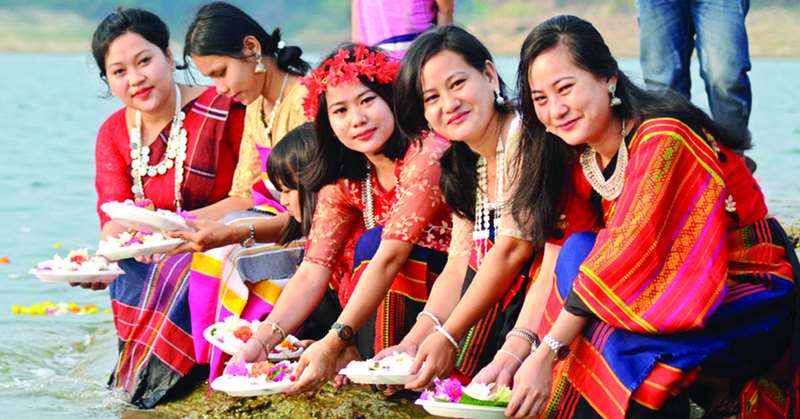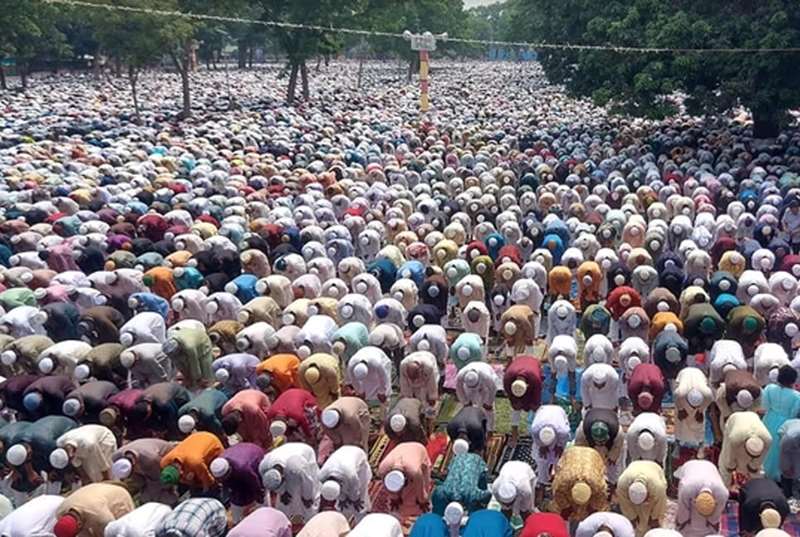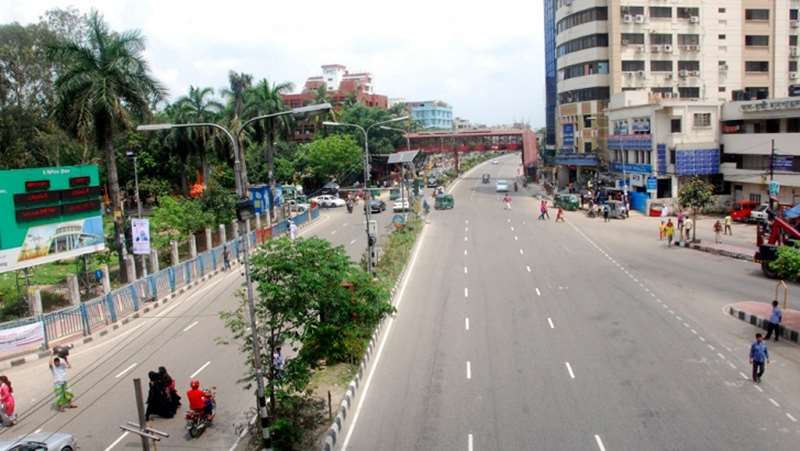Bus set on fire in Dhanmondi

Bus set on fire in Dhanmondi
During the 36-hour blockade imposed by the BNP and allied parties in Dhaka, troublemakers set a bus ablaze in front of Keari Plaza at Dhanmondi-15 on Wednesday morning.
Fortunately, there were no reported casualties.
Lima Khanom, Duty Officer at the Fire Service and Civil Defence, verified the incident, stating that they received information about a fire in a Rajanigandha Paribahan bus around 9:15 am. Subsequently, two firefighting units promptly arrived at the scene and successfully brought the fire under control.










পাঠকের মন্তব্য